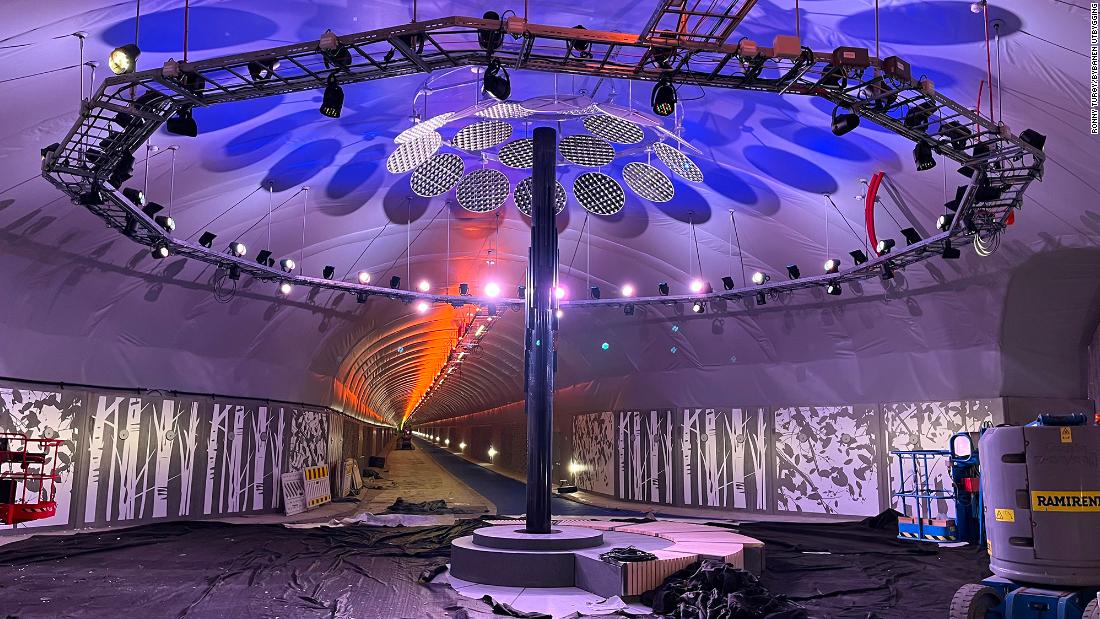THE so-called “grooming gang” scandal that saw thousands of girls in towns and cities across the UK being targeted, ensnared and horrifically sexually abused and exploited is back in the public eye.
For many of us — including the victims and their families, whistle-blowers like Maggie Oliver, and feminist campaigners against the sexual violation of women and girls by predatory men — it never went away.
Fiona Ivison had, from the age of 14, been groomed then abused by an older man before being murdered aged 18 by a punterRoss Parry
Times Newspapers LtdFiona’s mum Irene founded the Coalition for the Removal of Pimping[/caption]
It is Elon Musk, owner of X/Twitter, who has now latched on to this and forced it back on the public agenda
I first investigated the scandal in the late 1990s when I met members of the Coalition for the Removal of Pimping — a group founded by Irene Ivison.
Her daughter Fiona had, from the age of 14, been groomed then abused by an older man.
In 1993, when Fiona was 17, she was murdered by a punter, having been exploited into prostitution by her pimp.
Battling with police
Irene had spent the intervening three years battling with police and social services to try to stop the older man gaining access to her daughter — but nothing was done.
Fiona’s so-called boyfriend was black, and had manipulated this vulnerable, middle-class white girl by claiming that her mother disapproved of his race, rather than his age.
This tactic, I later discovered, was in widespread use by the men of Pakistani-Muslim heritage at the centre of the more recent grooming gangs — as parents increasingly contacted CROP to seek help because police and social services were doing little or nothing to intervene.
In November 2003, 14-year-old Charlene Downes disappeared — one of dozens of girls in the Blackpool area being groomed like this.
Many were pimped out to business associates as well as raped by the girls’ “boyfriends” themselves.
These pimping gangs were highly organised. The initial approach would be made by boys of around the same age as the 12 to 13-year-old girls being targeted, meeting them near takeaways or local shopping centres.
Then they would be introduced to handsome, slightly older men with flash cars and money for drugs.
Eventually, they were passed on to middle-aged men who would take them around the country, selling these poor girls from flats and houses to men who paid to rape children.
I took the story to The Guardian but was told: “We will be called racist.”
I was appalled, because although I saw significance in the fact that certain grooming gangs were made up entirely of Pakistani-Muslim men, I was also well aware that child sexual abuse is most likely to happen at home, perpetrated mainly by male relatives.
GettyBlackpool Tower and illuminations along the Golden Mile[/caption]
I didn’t want far-right groups such as the British National Party to be able to make the story all about race and ethnicity when I knew that, while this was a factor in frightening people off from reporting the crimes, the real story was about the abuse of children and the fact that young victims are rarely believed.
Another problem was that white racists would see the girls as tainted, and blame them for being “P*** lovers” (as many have indeed been called).
At the same time, the police did not want to deal with the inevitable race riots that would have begun if the abuse of these girls had been put down solely to race and made the fault of immigration.
Tommy Robinson, the race baiter imprisoned for, among other things, almost scuppering a trial of sexual predators which would have allowed them to walk free, is now claiming that he exposed the grooming gangs.
He did nothing of the sort. Rather, he capitalised on this horror for his own end, to make crude points about immigration and ethnicity.
As a feminist I point the finger at abusers of every background and culture — I wouldn’t dream of protecting any of them
Julie Bindel
Seen as some kind of war hero, or even a political prisoner, this man has done way more harm than good when it comes to the issue of child sexual exploitation and violence.
In the end, I took the story to the Sunday Times Magazine, where it was published in September 2007 — the very first piece in a national newspaper on the scandal.
The BBC barely noted it at all, devoting hardly any time to investigating the crimes — and all the while seemingly protecting a number of their own stars who were also sexually abusing girls and boys.
No sooner was my article published than my name was added to a list on the “Islamophobia Watch” website (set up by two white men on the extreme Left), which considered anyone critical of Islam to be bigoted.
Atrocity in every town
As a feminist I point the finger at abusers of every background and culture — I wouldn’t dream of protecting any of them. Still, the accusations came thick and fast.
At the same time, Right-wing racists accused me of minimising the role of ethnicity and religion due to my refusal to put the abuse down to the men being of Pakistani origin.
The same thing is happening today: Right-wing fans of Elon Musk are accusing me — and feminists in general — of not daring to expose these gangs, despite the fact that I was the first person to do so in the national Press.
Meanwhile, those on the Left refuse to accept the relevance of ethnicity in the bigger picture.
Feminists are often marginalised and ignored when we speak out about these issues, including the victims themselves.
Now that Elon Musk is speaking, perhaps more attention will be paid to this atrocity that is ongoing in every city and town across the UK — it has not gone away.
Published: [#item_custom_pubDate]















































































































